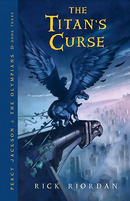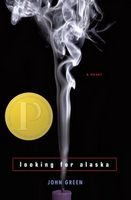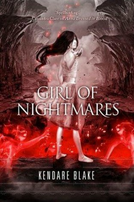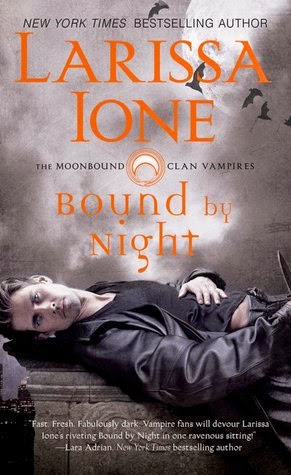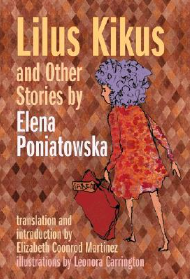I was tagged by Gloria @ Gloria the Violinist and Noelia @ A Day in Book Land. Two awesome ladies that you should definitely check out if you haven't already. :)
The purpose of this tag is to simply list ten books that have somehow stayed with you through your life. They don't have to be great works of literature, or even literary - just any book that has impacted your life in one way or another.
 1. The Tao of Pooh by Benjamin Hoff. I was gifted this book by one of my cousins when I was maybe sixteen or seventeen. I didn't understand why he'd given it to me. I never liked Winnie the Pooh and I had no idea what Tao was. After reading it, however, I realized there was another way of looking at things than the one I was taught - a much simpler, and peaceful viewpoint. I really think everyone should read this.
1. The Tao of Pooh by Benjamin Hoff. I was gifted this book by one of my cousins when I was maybe sixteen or seventeen. I didn't understand why he'd given it to me. I never liked Winnie the Pooh and I had no idea what Tao was. After reading it, however, I realized there was another way of looking at things than the one I was taught - a much simpler, and peaceful viewpoint. I really think everyone should read this. 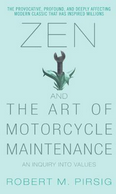
2. Zen and the Art of Motorcycle Maintenance by Robert Pirsig. I had to read this in uni for a course, and this is a book that should not be rushed. It's in a similar vein as The Tao of Pooh, but more personal and intimate. You're watching a man figure out his own philosophy of life, and you're invited along the ride.

3. The Bible by Various Authors. I was a Christian for the majority of my life. I can't say how many times I've read and studied the Bible. Even though I don't believe in it, I think there are certain parts that still offer a lot of wisdom.

4. Stargirl by Jerry Spinelli. I was a weird kid and now I'm a weird adult. This book let me know that it's perfectly acceptable, and sometimes better, to be a little bit weirder than the masses. Keep asking questions that other people don't.

5. Twilight by Stephanie Meyer. Twilight and I have an interesting history. Although I've been a reader my whole life, this book was what got me back into that "I-must-read-everything-in-sight" mode that hasn't left me since. It also ended up making the rounds at my school until nearly every girl in my grade, and some of the guys, had read it, too. Then we'd all talk about it, find a new book and share it. It started a strange book club of sorts. So maybe it's not the actual book that had an affect on me, but the reading experience of it.
 6. Running a Thousand Miles for Freedom by William and Ellen Craft. This is a book I've only recently finished that is maybe 100 pages and packs a powerful punch. The interesting thing is that I don't think the Crafts had that persuasive flair that the Douglass narrative (another narrative everyone should read) does, but I ended up crying in this one more than any other slave narrative I've ever met. This was also the first to show me how the concept of "race" is a social structure and mythology and likely to implode on itself. I'm working on a review for this.
6. Running a Thousand Miles for Freedom by William and Ellen Craft. This is a book I've only recently finished that is maybe 100 pages and packs a powerful punch. The interesting thing is that I don't think the Crafts had that persuasive flair that the Douglass narrative (another narrative everyone should read) does, but I ended up crying in this one more than any other slave narrative I've ever met. This was also the first to show me how the concept of "race" is a social structure and mythology and likely to implode on itself. I'm working on a review for this. 
7. Harry Potter by J.K. Rowling. Harry Potter came out when I was seven years old, but I didn't start reading it until I was ten. Either way, I'm a Potter-kid. I grew up reading those books, anxiously awaiting for the next to come out, excited-yet-nervous about each movie, losing my bearings over Pottermore, etc. I think when you have a series that affected you so much throughout your life, it stays with you, no matter how old you get.

8. Areopagitica by John Milton. Yeah, Milton is a selfish jerk, and yeah, I still have some trouble with him even though he produced some of the best work I've ever read (which much make him oh-so-happy), but Areopagitica and what it says about books and censorship is something still so relevant and powerful today that I think it would be a mistake not to read it. This was the work that finally had me respecting Milton. I wrote more about Areopagitica here.

9. The End of the Affair by Graham Greene. Much like Twilight got me back into reading, this book cemented my love of audiobooks. Once again, this is a reading experience addition. I can still remember riding my bike and listening to this while all of the Christmas lights were up and the weather was actually slightly chilly. My own atmosphere made the atmosphere in the novel even stronger. I wrote a review of this book here.

10. The Hero and the Crown by Robin McKinley. I hold such nostalgia for this book and it's one that I've read and re-read over and over again. It never gets old. It was one of the first high fantasy books I ever read and I remember staying up late, waking up early, reading at lunch, etc. just so I could finish. And when I finished, I went back and did it again. My future hypothetical child is definitely reading this.
Seeing as this tag has done its circuits quite a few times, I'm not sure who has or hasn't been tagged. With that being said, if you haven't done this tag and want to: I tag you!
If you do end up doing it, leave a link to your answers below so I can check them out. :)











